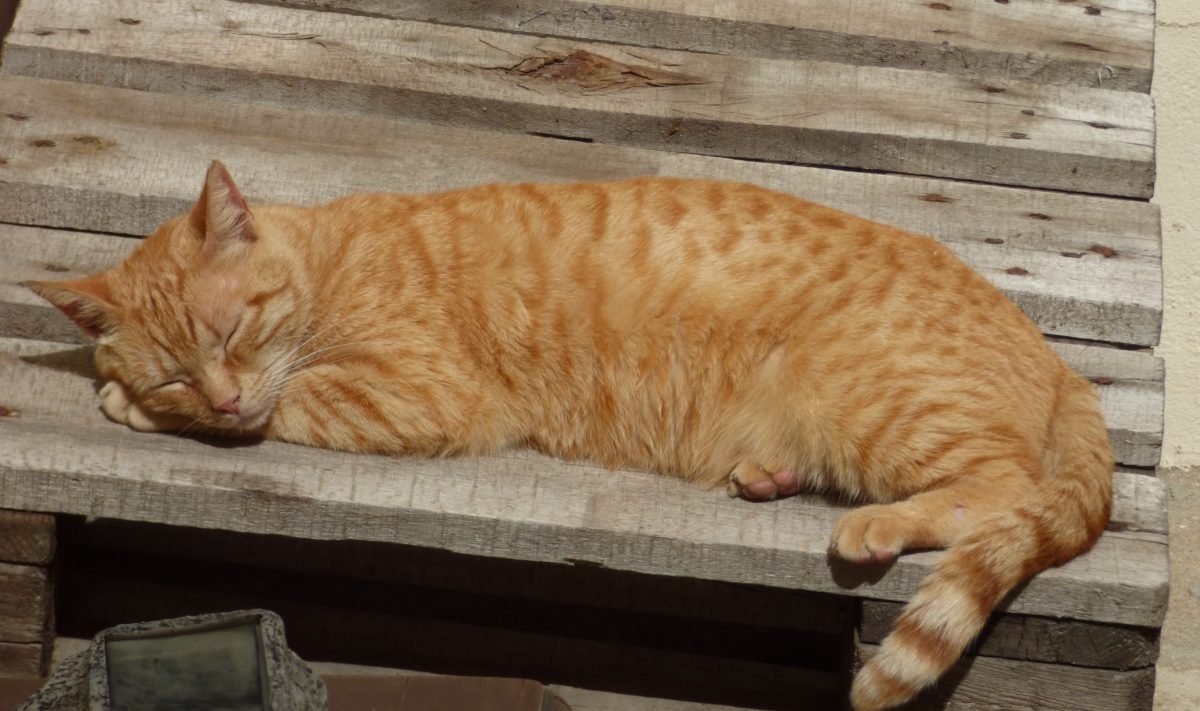U.K cats need more legal protection.
Time and again whenever laws are introduced to control or protect animals in the U.K. cats always miss out with preference always given to the control and welfare of dogs. Even the basic requirement for cats to be microchipped is not legislated for and recently the Governments reluctance to give any status or protection to them was borne out by their response to the Gizmo legacy petition.
Following the death of her microchipped cat Gizmo in a road accident, whose body was subsequently disposed of by a veterinary surgeon without scanning, the owner began a petition to make it a legal requirement for dead cats to be scanned. The government’s response was that scanning legislation is unnecessary “as local authorities, veterinary practices and rehoming centres are encouraged to do it anyway and they have scanners because the law requires dogs to be microchipped and scanned”.
They also reiterated that “whilst microchipping cats is good for their welfare, and it is important to publicise those benefits, lost and stray cats do not pose the same public safety risk as dogs, and therefore making cat microchipping compulsory is not considered necessary at this time“.
We do not take a cats’ welfare seriously.
The only protection UK cats have is under antiquated property laws. There is no mandatory need to neuter or vaccinate them, no restriction on how many you can have in your possession, no licensing or registration and no controls over breeding and this is where the problem lies. This lack of control has led to an ongoing “cat crisis” in the UK which has lasted for decades involving thousands of lost, abandoned and unwanted cats. Charities spend huge amounts each year trying to repatriate them and combat indiscriminate breeding and feckless ownership.
The lack of any status gives cats the unique status of the “right to roam“. They do not have to be securely confined and can roam without any fear of legal repercussions for their actions as they cannot trespass. The drawback of this is that many people view cats as pests and in some cases they will take the law into their own hands and commit retaliatory acts of cruelty on them or even shoot, poison or otherwise kill them.
Complaints to local authorities of cats using their gardens as a toilet, digging up flower beds or causing distress by catching birds are usually ignored by local authorities as they have no powers to intervene or take action unless the problem is extreme. Some have gone as far as suggesting local authorities should act under the Human Rights Act, 1998 to solve problems of nuisance cats as under Article 8 a person has the right to enjoy their property and home without interference, but this also ensures a cat owner’s right to enjoy their property i.e. their cat. A cat owner has a duty of care to take reasonable steps to stop their cat from causing damage or nuisance and in extreme cases an owner is issued a anti-social behaviour order (ASBO).
There are similar problems the world over particularly in the USA, Australia and New Zealand, but in some parts of Australia they have taken action and passed a “Cat Act” some of which is draconian but we could learn from it.
We could take a lead from Australia.
The State Government of Western Australia introduced a Cat Act November 2013 for the control and management of cats and to promote and encourage responsible cat ownership. It was designed to cut the number of unwanted cats being bred, allow stray or lost cats found in a public place or on private property to be seized and help reunite lost cats with owners.
Cats must be already neutered and microchipped when registered before 6 months of age with the local authority. Vets must inform the micro-chipping company when they neuter a cat and give the owner a certificate. If you wish to sell or transfer ownership of a cat an owner is legally liable for updating the microchip details and can be fined for not doing so.
There is similar regulation in the State of Victoria but not as strict. It also requires legal micro-chipping at the earlier age of 3 months and the wearing of a registration tag provided by the local authority. If the cat wanders off your property it can be seized as there is no “right to roam” and a fine must be paid when claimed. Local authorities within Victoria have the power to stipulate cats being confined during certain hours, prohibit ownership in certain areas, restrict the number per household and require neutering.
I am not suggesting for one minute to take away their “freedom to roam”, but an all-encompassing law to help solve cat ownership and welfare issues would benefit the health and welfare of UK cats in the long run.

